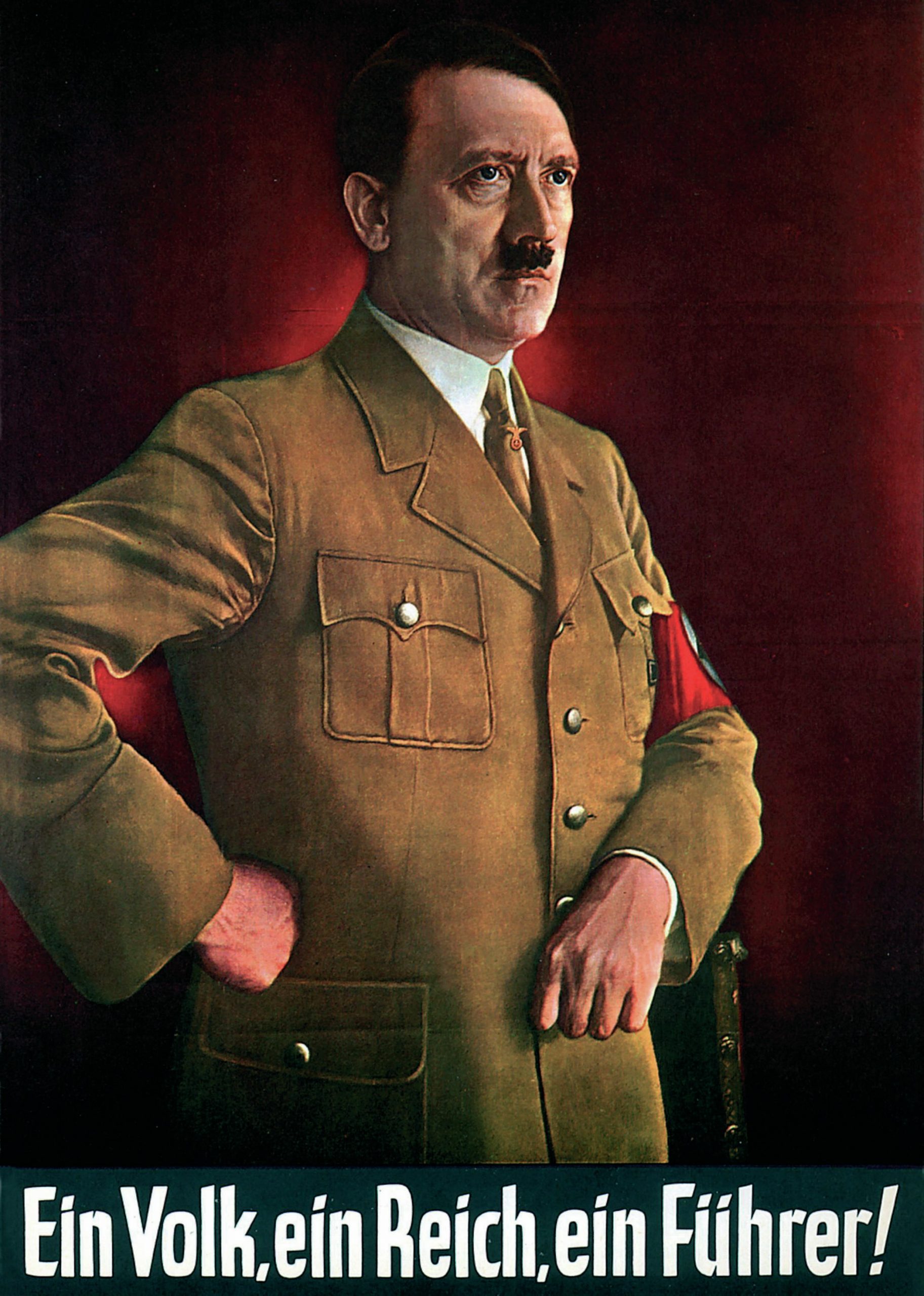
Industrialisation during the nineteenth century had utilised posters for mass persuasion and this had proved extremely effective Posters contained numerous advantages: they were relatively cheap to produce, they had been tried and tested, and they were a medium accepted and understood by the masses.
There was intense politicisation of the poster during the 1930s by regimes such as Fascist Italy and Nazi Germany. Inevitably, then, the poster was an important presence in the Second World War, which was more ideological than the First World War. In 1939 when war broke out, posters were an obvious means of communication to disseminate propaganda. All governments continued to rely heavily on the poster to put across their wartime messages.
Your organisation does not have access to this article.
Sign up today to give your students the edge they need to achieve their best grades with subject expertise
Subscribe




